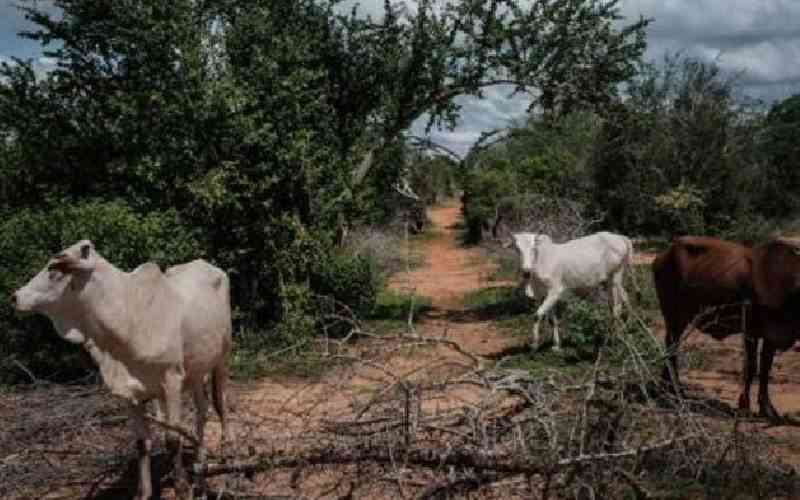×
The Standard e-Paper
Fearless, Trusted News

Within the sweeping landscapes of the Tsavo Ecosystem in Kenya's Taita Taveta County, a profound shift is underway as several ranches opt to transform themselves into conservancies.
This transformation is not only driven by a shared commitment to conservation and sustainable land use but also championed by local communities who actively participate in protecting the region's rich biodiversity and fostering economic growth.